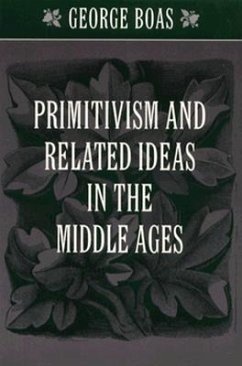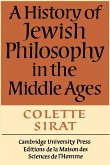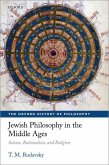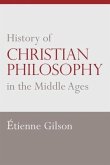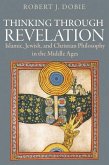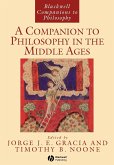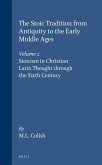This volume of essays, written by George Boas in collaboration with Arthur O. Lovejoy, was originally intended to be the second in a series of four documenting the history of primitivism and related ideas about goodness in the world. Covering the Middle Ages, these essays underscore the continuity between pagan and Christian culture with respect to conceptions of primitivism and examine the latter period's modifications of a group of favorite classical themes. They demonstrate the growth of primitivism and anti-primitivism from the first to the thirteenth centuries and include a discussion of such subjects as the noble savage, earthly paradise, the original condition of human beings, and cynicism and Christianity. They also, as Boas suggests in his preface, "drive the piles for a bridge between the Renaissance and Classical Antiquity, although the superstructure itself remains to be constructed".

